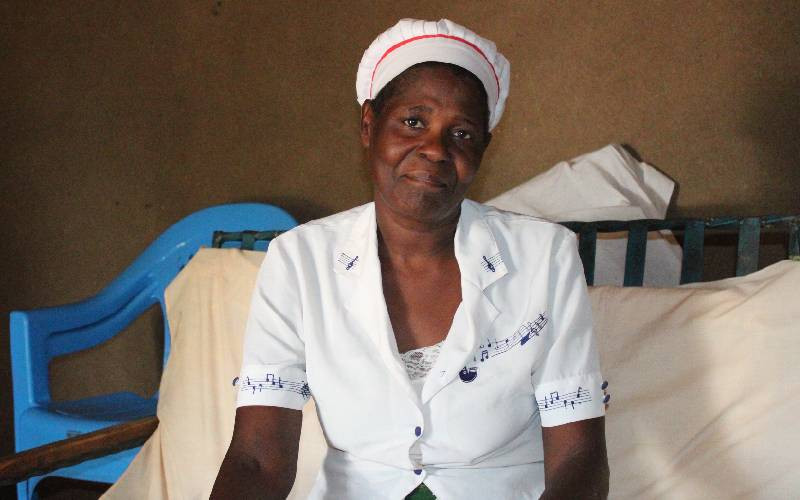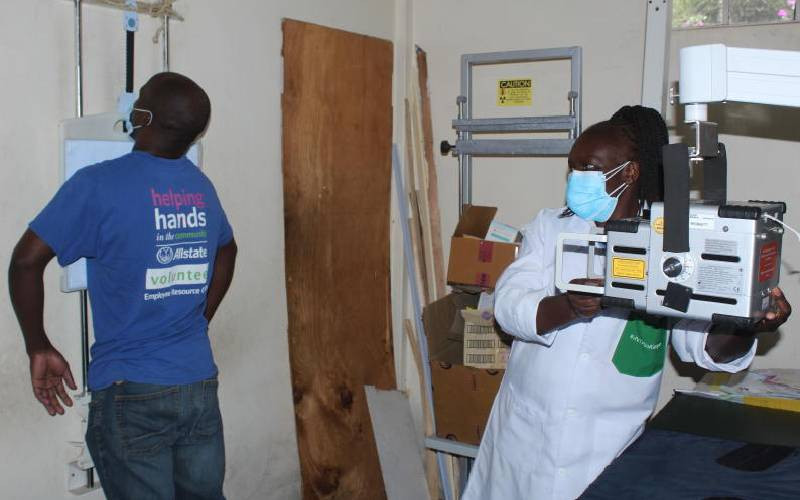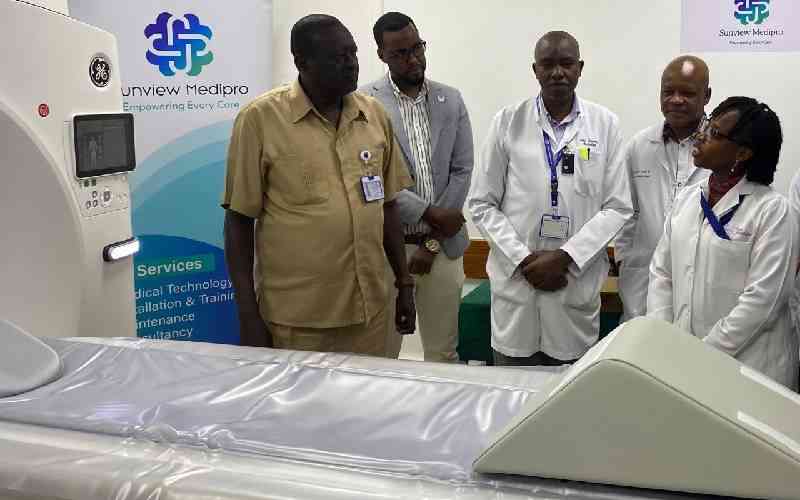
Global disease experts have embarked on a Sh1.2 billion collaborative research project to understand the impact of the deadly Rift Valley fever virus and its disease impact across the continent.
The experts, drawn from institutions in Kenya and Tanzania, will be undertaking the project that is expected to pave the way for the development of vaccines to combat the disease.
Rift Valley fever is a mosquito-borne illness that can affect both livestock and people.
It was first identified in East Africa’s Rift Valley in 1930 and has continued to cause major outbreaks both in the region and further afield, affecting people’s health, food security, and livelihoods.
ALSO READ: More than just temperature: What fever means for your child's well-being
Rift Valley fever is a mosquito-borne viral illness of humans and livestock, including cattle, sheep, camels, and goats. The disease was first discovered in Kenya’s Rift Valley in 1930, but has since spread to African countries and parts of the Middle East.
According to the World Health Organization, no vaccines are currently available or licensed for human use. However, vaccines against the disease have been registered for animals.
According to the Coalition for Epidemic Preparedness Innovations(CEPI), Rift Valley fever is recognised as a priority disease, yet the burden of the disease has not been given much attention. The disease outbreaks have also not been well understood.
- Animal welfare group expands efforts to control rabies with new Watamu branch
- Kenya steps up war on Rift Valley Fever and Brucellosis
- Why your gut knows you're stressed
Keep Reading
Executive Director of Vaccine Research & Development at CEPI, Dr Kent Kester, said that the ground-breaking research will shed new light on a disease that has been neglected for far too long.
“The learnings will tell us whether large-scale vaccine efficacy trials are feasible, where they should take place, and how long they are expected to take.” Dr Kent explained.
“And if the research finds that cases of Rift Valley fever in the region are too infrequent or sporadic to conduct an efficacy trial, we’ll know we need to focus on alternative pathways to licensing a human Rift Valley fever vaccine,” he added
Outbreaks of Rift Valley fever have been consistently linked with intense periods of rainfall and flooding. The heavy rain provides ideal conditions for Rift Valley fever and promotes infected mosquito breeding and hatching.
The research projects are led by Washington State University - Global Health in Kenya and Kilimanjaro Clinical Research Institute in Tanzania.
The findings from the project will help forecast the number of expected human Rift Valley fever illnesses across the continent.
“This information is crucial for vaccine development because large-scale clinical trials to assess the efficacy of vaccines are only feasible when the virus is circulating,” CEPI noted in a release dated August 21.
The researchers noted that knowing the number of Rift Valley fever cases and likely locations with high infection rates can help policymakers and vaccine developers better estimate demand for vaccines in the future.
 The Standard Group Plc is a multi-media organization with investments in media
platforms spanning newspaper print
operations, television, radio broadcasting, digital and online services. The
Standard Group is recognized as a
leading multi-media house in Kenya with a key influence in matters of national
and international interest.
The Standard Group Plc is a multi-media organization with investments in media
platforms spanning newspaper print
operations, television, radio broadcasting, digital and online services. The
Standard Group is recognized as a
leading multi-media house in Kenya with a key influence in matters of national
and international interest.











